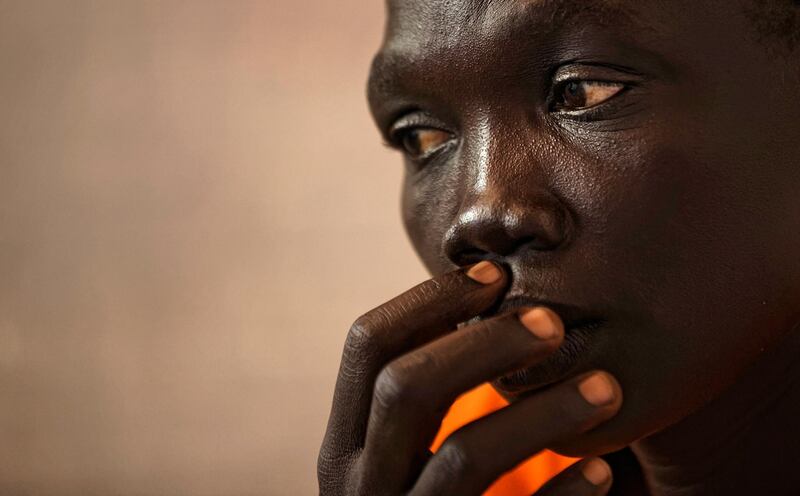Pro-government forces in South Sudan went on a weeks-long rampage of “staggering brutality” in opposition-controlled areas, raping and killing civilians and destroying their food supplies even after warring sides agreed a cease-fire, Amnesty International said.
Soldiers and allied militias were given “free rein” to commit atrocities in the country’s north between mid-April and early July, the London-based watchdog group said Wednesday. Its report, which cited about 100 testimonies, shows there has been no respite for civilians after almost five years of civil war and casts doubt on whether a peace deal being brokered about the same time can end hostilities.
Government forces shot some civilians dead, while others they set on fire, hung from trees or ran over with armored vehicles, Amnesty said. There was also a “deliberate attack on food sources” in Mayendit and Leer counties, just as residents began to recover from a famine declared there in early 2017.
_______________
Read more:
South Sudan soldiers jailed for murder and rape in 2016 hotel raid
[ South Sudan power-sharing pact brings arch-foes step closer to peace ]
[ South Sudanese Christians seek refuge with an unlikely neighbour ]
_______________
Army spokesman Lul Ruai Koang said by phone that he would comment once he had read Amnesty’s findings.
The report contains only the latest in a stream of alleged atrocities committed during a conflict that began in Africa’s youngest nation in December 2013 and has claimed tens of thousands of lives while fueling a regional refugee crisis.
‘Final’ Deal
President Salva Kiir and the main rebel leader, Riek Machar, who agreed a cease-fire at the end of June, last week signed a supposedly final deal to share power in a transitional government. The United Nations has warned mistrust between the sides remains high.
Amnesty said many women and girls were gang-raped during the offensive, with some sustaining serious injuries and those who tried to resist being killed.
People who fled to nearby swamps were hunted down by soldiers and militias using amphibious vehicles, while fighters also carried out large-scale looting and destruction, apparently aimed at deterring civilians from returning home, according to the advocacy group.
“A key factor in this brutal offensive was the failure to bring to justice those responsible for previous waves of violence targeting civilians in the region,” Joan Nyanyuki, Amnesty’s regional director for East Africa, said in the report.





